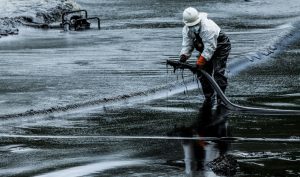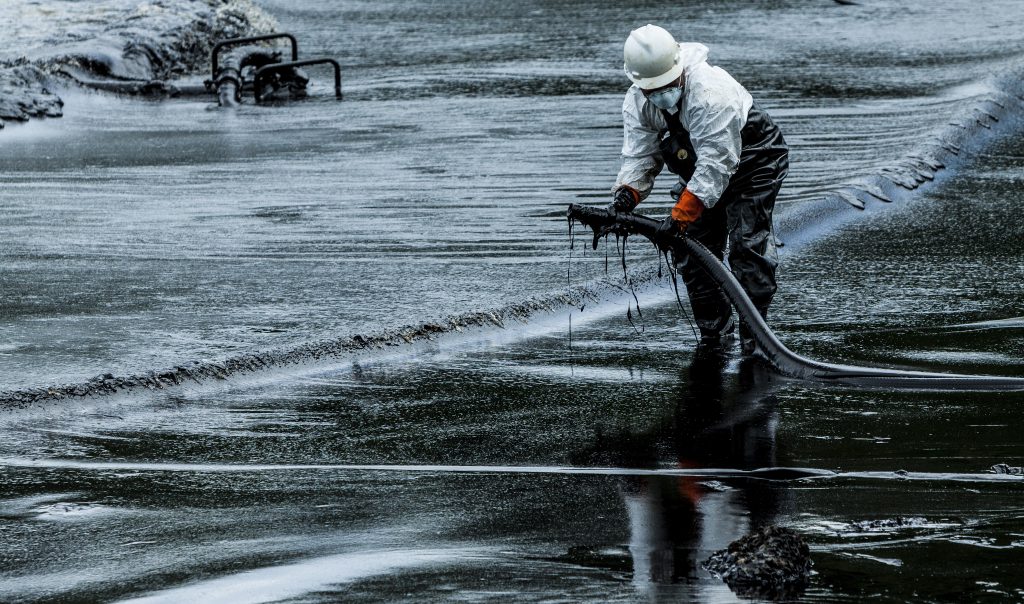
Land oil spills may not occur frequently. Most oil spills recorded were those that occurred in the seas. Despite its rarity, the devastation it brings is one that could never be negligible.
Oil spills on land are not common and yet they are potentially dangerous to the environment and human health. You may have heard environmental groups shouting in opposition to spills brought about by oil tankers in the seas, but news about land spills are not that common. Yes, these do not happen as frequently but the dangers are real.
Restoring Soil Productivity
Government agencies would normally do their best to restore the land to a state where it is highly productive. If oil is not cleaned up using oil spill kits at the earliest, the time that it will take for land to reach its productive state once again would also be longer.
Choking Plant Life
The effects of the oil spill on land would vary depending on the area where it occurred. For instance, if the oil spill happened on agricultural areas, then oil will be choking plant life.
By far, the largest inland oil spill ever recorded was the Kalamazoo River Oil Spill in Michigan. Inside Climate News stated that about a 30-inch oil pipeline ruptured, spilling thousands of gallons of crude oil in the area.
Leaching Into Groundwater
Dying plants are only the initial negative result of a land oil spill. While this may be a cause for concern, there is another dangerous effect, which could have an indirect impact on human life – leaching. This is the process by which water-soluble substances get washed out of the water or the soil. The chemicals from the oil have the possibility to leach into groundwater.
Oil Spill Prevention mentioned that the bigger danger to humans is the fact that this could enter the waterways.
These are the negative effects of a land oil spill. Yes, this type of spill is not as common as those that occur in the seas. However, the effect it has on the environment is one that would require due attention.
